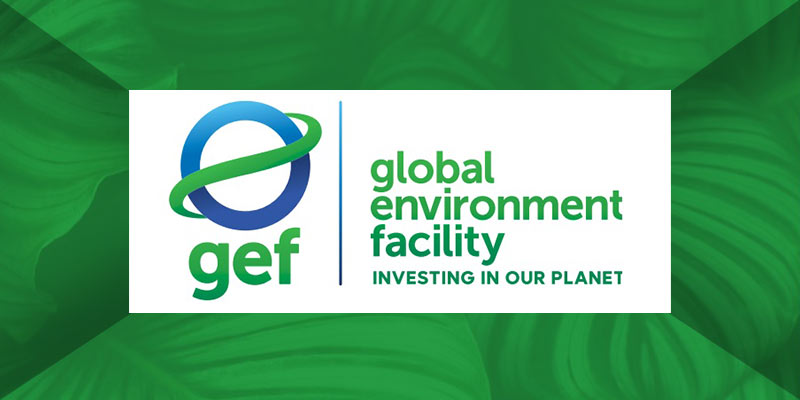- World
- Jun 30
Explainer - Global Environment Facility (GEF)
• The Global Environment Facility’s (GEF) governing board has approved plans to establish a new fund to finance the implementation of the Kunming-Montreal Global Biodiversity Framework, which aims to put nature on a recovery path by the end of this decade.
• The GEF Council decision, taken during a meeting in Brazil, clears the way for the launch of the Global Biodiversity Framework Fund at the Seventh GEF Assembly, to take place in Vancouver, Canada, in August.
• The GEF governing body has also approved the disbursement of $1.4 billion to accelerate efforts to tackle the climate, biodiversity, and pollution crises.
• The GEF Council support for the record work programme targeting the root causes of environmental damage came amid significant momentum for environmental diplomacy, following recent breakthrough deals on biodiversity, and the high seas, and progress on plastics and other issues.
• The funding package includes support for 136 countries and has a significant focus on action to address species and habitat loss, in line with the Kunming-Montreal Global Biodiversity Framework agreed in December.
Global Environment Facility
• The Global Environment Facility (GEF), established on the eve of the 1992 Rio Earth Summit, is a catalyst for action on the environment — and much more. Through its strategic investments, the GEF works with partners to tackle the planet’s biggest environmental issues.
• The GEF is a partnership of 18 agencies — including United Nations agencies, multilateral development banks, national entities and international NGOs — working with 185 countries to address the world’s most challenging environmental issues.
• The GEF has a large network of civil society organisations, works closely with the private sector around the world, and receives continuous inputs from an independent evaluation office and a world-class scientific panel.
It is a financial mechanism for five major international environmental conventions:
i) The Minamata Convention on Mercury
ii) The Stockholm Convention on Persistent Organic Pollutants (POPs)
iii) The United Nations Convention on Biological Diversity (UNCBD)
iv) The United Nations Convention to Combat Desertification (UNCCD)
v) The United Nations Framework Convention on Climate Change (UNFCCC).
• The GEF Assembly is composed of all 185 member countries. It meets every three to four years at the ministerial level.
• The Council, the GEF’s main governing body, comprises 32 members appointed by constituencies of GEF member countries (14 from developed countries, 16 from developing countries, and two from economies in transition). Council members rotate at different intervals determined by each constituency. The Council, which meets twice annually, develops, adopts and evaluates the operational policies and programs for GEF-financed activities.
• The GEF Secretariat is based in Washington, D.C.
• The Scientific and Technical Advisory Panel (STAP) provides the GEF with scientific and technical advice on policies, operational strategies, programmes and projects.
Manorama Yearbook app is now available on Google Play Store and iOS App Store

